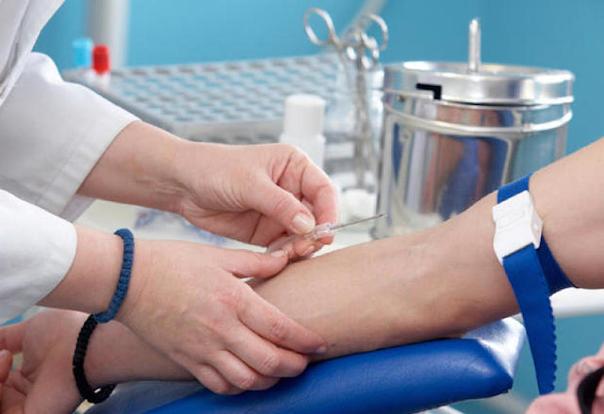How long will it take my body to replace the blood that’s taken?
Apr 19, 2022
Blood donation does not have any major side effect but there are several benefits. Blood donation improves heart health; reduces the cancer risk and burns calories. Regular blood donation reduces the level of iron in the blood which can reduce the chance of heart attack by 88% and stroke by 33%. Iron is also believed to increase the free radical damage in the body which increases the free- radical damage in the body which increases the risk of cancer and aging. Blood donation helps in burning calories when even a pint of blood is donated.

When is the blood restored?
Plasma fraction of blood which is donated is usually restored within 72 hours of blood donation. However, replacement of red blood cells usually takes 4 to 6 week time. The patient may experience transient side effect like nausea, lightheadedness, weakness and tingling sensation in lips but this effect usually subsided after taking plenty of fluids and drinks.
Aspects of an ideal donor:
The ideal donor should be in between the age of 16 to 50 years old and free of chronic illness and donors should not be on drugs like antihypertensive and antiplatelet.
Important Points for Donors:
- If a patient having severe weakness after donation then iron supplement should be given. In some patient, transient hypocalcemia may occur due to citrate used to prevent cognition which may bind with calcium in the blood and may result in cramps and tetany. In such patient, a calcium supplement may be given.
- Plasma donation can be done frequently as body usually takes 2 to 3 days for recovering lost plasma volume. Blood donation equipment should be properly sterilized.
- During a whole blood donation, we aim to take just under a pint (about 470mls) of blood, which works out at no more than 13 percent of your blood volume.
- Most people tolerate blood donation very well. However, some people experience fatigue. You should discuss your concerns before and after donation with a staff member at the blood donor center or blood drive.







